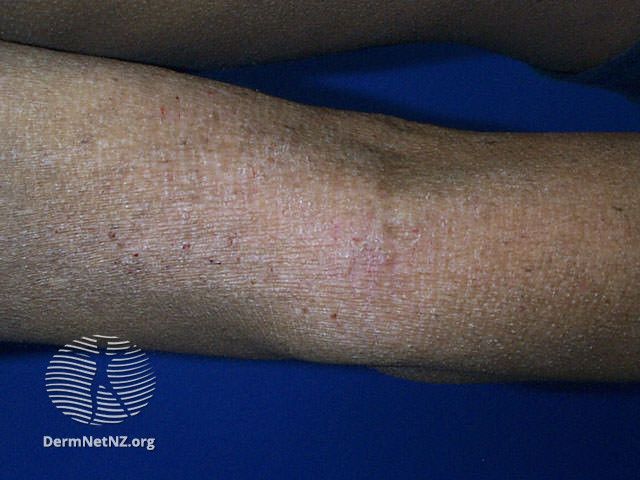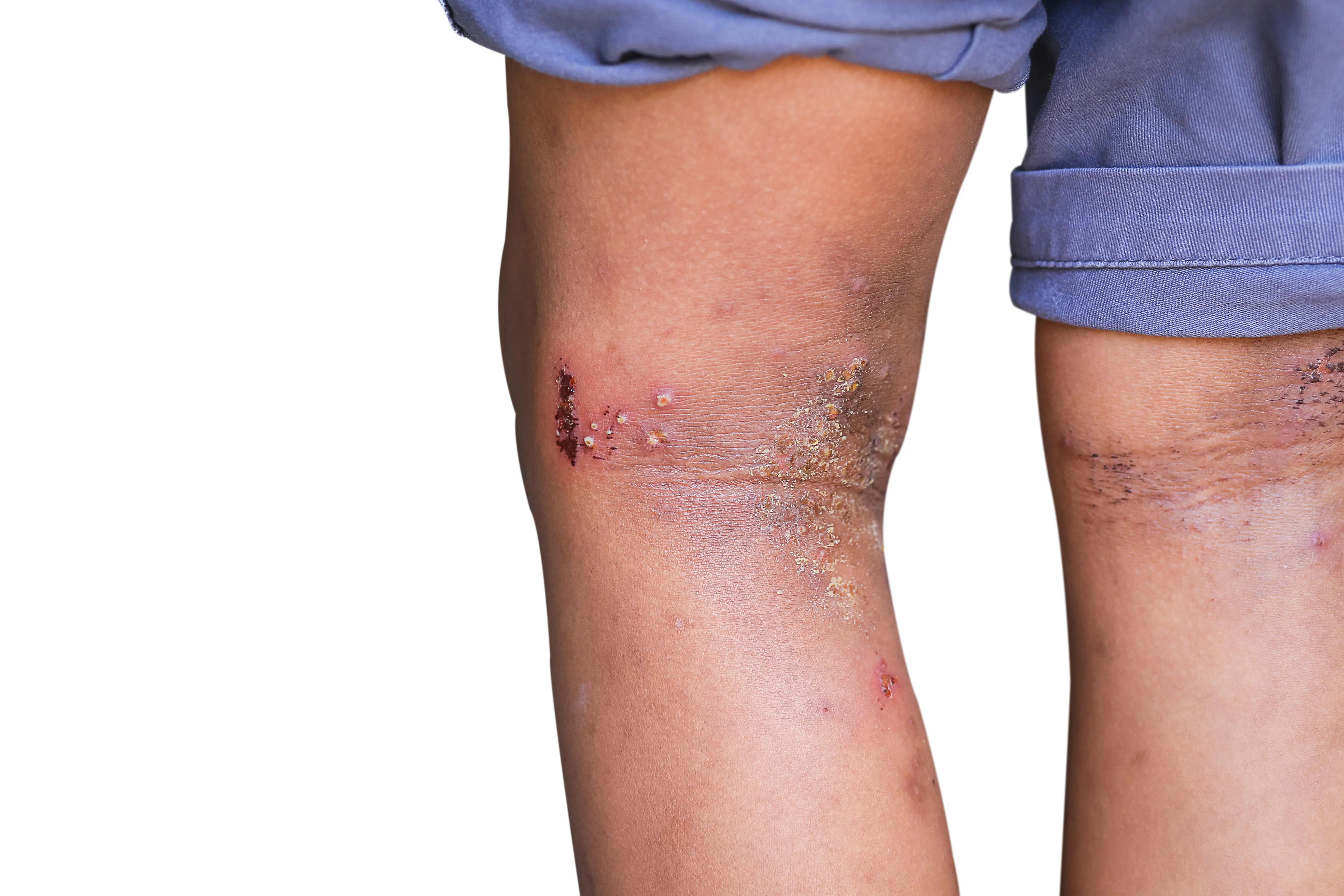- Case-Based Roundtable
- General Dermatology
- Eczema
- Chronic Hand Eczema
- Alopecia
- Aesthetics
- Vitiligo
- COVID-19
- Actinic Keratosis
- Precision Medicine and Biologics
- Rare Disease
- Wound Care
- Rosacea
- Psoriasis
- Psoriatic Arthritis
- Atopic Dermatitis
- Melasma
- NP and PA
- Skin Cancer
- Hidradenitis Suppurativa
- Drug Watch
- Pigmentary Disorders
- Acne
- Pediatric Dermatology
- Practice Management
- Prurigo Nodularis
- Buy-and-Bill
Quiz
Article
Evaluating Stress Levels in AD Treatment Plans
Author(s):
Key Takeaways
- Stress can exacerbate dermatological conditions, impacting sleep and daily functioning, as seen in patients with pruritus and rash.
- Over-the-counter emollients and corticosteroids may not suffice, with rebound flares occurring upon tapering.
The case of a 45-year-old woman with AD challenges clinicians on how to consider stress as an exacerbating factor in a treatment-resistant case.
Ruth is a 45-year-old woman presenting with severe pruritus, erythematous rash, and lichenification across her legs, arms, and abdomen. She has a history of allergic rhinitis and asthma since childhood but no prior history of atopic dermatitis (AD). Ruth recently experienced work-related stress due to a promotion.
Upon further questioning, you learn that Ruth has disturbed sleep due to intense pruritis, hindering ability to be fully present in daily activities. Additionally, she mentions that she has noticed the symptoms and rash are worse when highly stressed, which is common with increased work demands. Ruth has tried multiple over the counter emollients and moderate-potency corticosteroids. Although she was diligent in their application, the rash persisted and she experienced rebound flares when tapering their use. She also mentioned that she was on a topical calcineurin inhibitor for a few months and noticed some improvement.
What strategies would you use to address stress as a potential exacerbating factor in a treatment-resistant AD case like Ruth’s?
How do you approach a case that may be exacerbated by stress? We would love to hear from you. Email DTEditor@mmhgroup.com.







